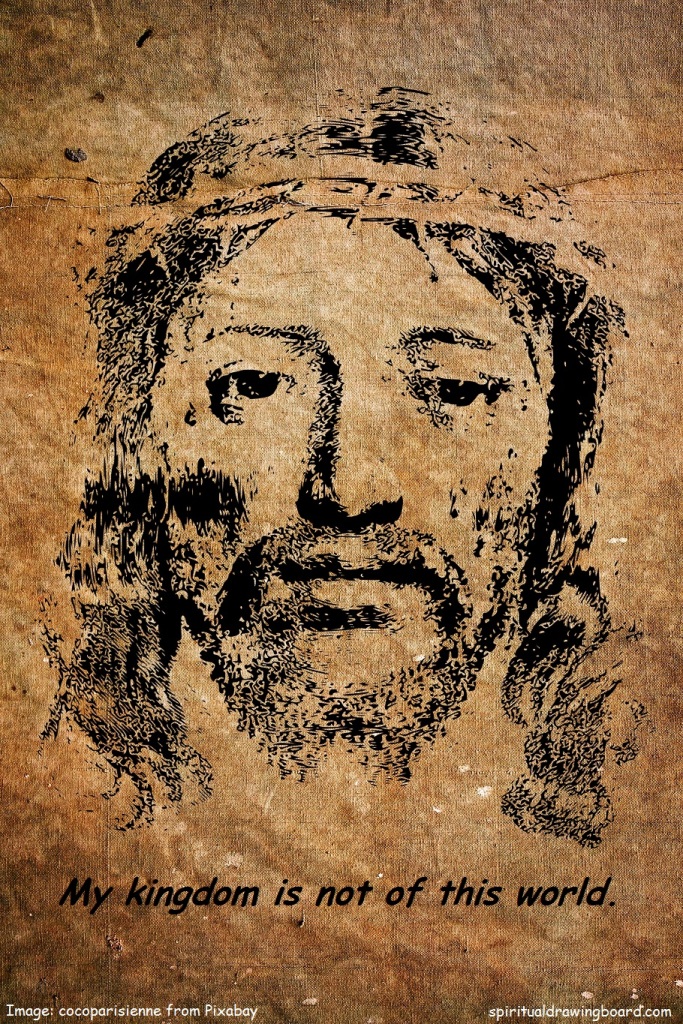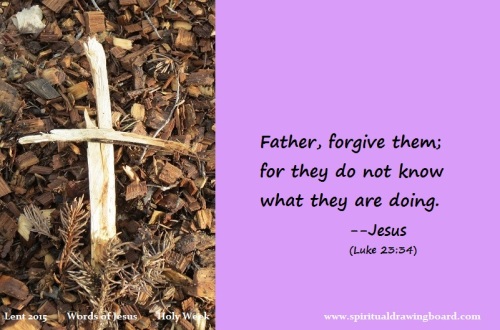Jesus said, “My kingdom is not of this world. If it were, my servants would fight to prevent my arrest… my kingdom is from another place.
John 18:36
Religion and politics don’t mix.
Well, they don’t completely mix. The two do overlap in some healthy ways in a democracy. If I vote for someone because he or she has outstanding quality traits or virtues I admire in my religious values, that might be an appropriate “overlapping” of these two categories. If my religious beliefs about love of neighbor create in me a desire to vote for someone based on the ways that person will help other people through politics, that might be a good thing. There are many other similar examples.
However, I am concerned that some Americans are placing all their hope, trust, and energy into their political party, making it the ultimate center of their lives — treating it like a religion or cult — while at the same time treating those outside their political party as a demonic force. Genuine patriotism involves a love of country that is stronger than one’s alliance with a political party. Additionally, for a Christian, their love of God and God’s children (all humans) ought to be even stronger than their love of country.
Jesus doesn’t seem to be very interested in politics. He breaks all sorts of cultural and religious taboos in order to live according to still higher moral virtues. He heals people on the Sabbath, eats meals with tax collectors and prostitutes, and has a long, theological conversation with a foreign woman at the well. When religious leaders try to involve Jesus in their religious/political bickering–wanting him to “take sides”–Jesus proposes answers to their questions that completely transcend and transform the conversation.
Jesus tells us that the kingdom of God is “in our midst,” and yet the fullness of the kingdom also transcends this world. The kingdom of God is both close at hand (involving healing, praying, forgiving, feeding the hungry, providing justice for the oppressed, etc.) and at the same time transcendent, higher and deeper than our wildest imaginations, not to be completely accomplished until the next life or the Second Coming.
In his earthly life, Jesus eschewed opportunities for political or earthly power. While praying in the desert, the devil offered to give Jesus all the kingdoms of the world, but Jesus said, “Worship the Lord your God, and serve him only” (Matt. 4:8-10). At another time, one group is so enthusiastic they want to make Jesus king — but he runs away to a mountain to keep that from happening (John 6:15).
Jesus said, “Worship the Lord your God, and serve him only.”
Matthew 4:8-10
When Peter begins to fight with a sword to keep him from being arrested, Jesus tells Peter to put it away (John 18:10-11). In a conversation with Pilate just prior to his death, Jesus says, “You say that I am a king. In fact, the reason I was born and came into the world is to testify to the truth. Everyone on the side of truth listens to me” (John 18:37, NIV).
If we are to be faithful and faith-filled Christians (Christ-followers), we must keep Christ at the center of our lives, and above every other priority. A person can say they believe in Christ, but if that belief is genuine, it means you want to live the way Jesus taught: to love one another. All people, be they Republican, Democrat, member of yet another party, or a citizen of another country, are loved by God. Those who are truly Christian will strive to love all people as Jesus did.
You have heard it was said, “Love your neighbor and hate your enemy.” But I tell you, love your enemies and pray for those who persecute you, that you may be children of your Father in heaven. God causes his sun to rise on the evil and the good, and sends rain on the righteous and the unrighteous. If you love those who love you, what reward will you get? Are not even the tax collectors doing that? And if you greet only your own people, what are you doing more than others? Do not even pagans do that? Be perfect, therefore, as your heavenly Father is perfect.
Jesus (Matthew 5:43-48)
Until next time, Amen!















